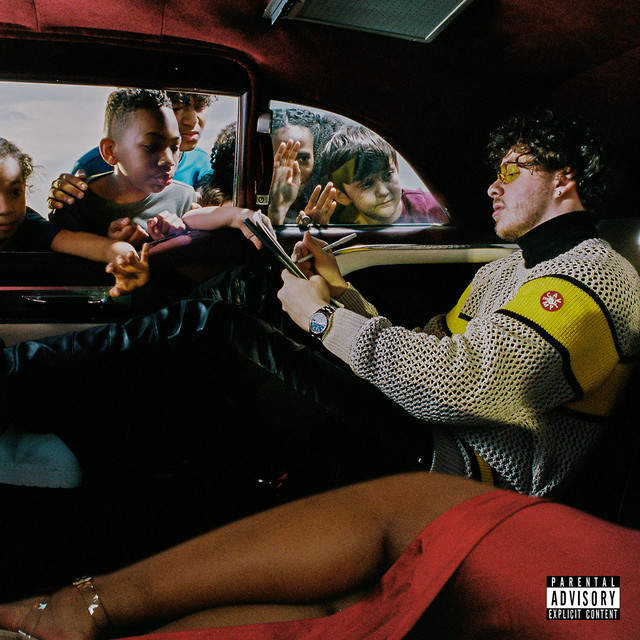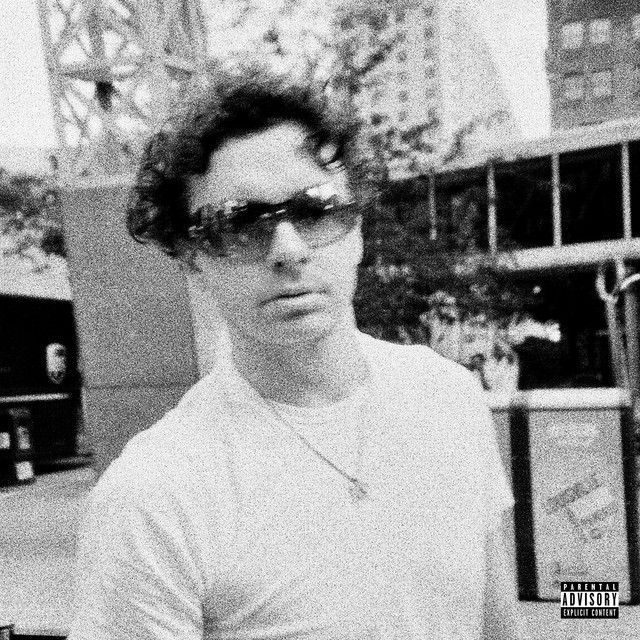Released: 2020
In “Tyler Herro” by Jack Harlow, we see an ode to swagger, self-confidence, and the metaphorical flex of rising above haters and doubters, all wrapped in sharp wit and vibrant imagery reminiscent of the track’s namesake, Miami Heat basketball player Tyler Herro. Harlow uses the song to talk about his own journey in the rap game, highlighting his come-up and the skeptics he’s proved wrong along the way.
The song kicks off with a line that’s a punch to the gut of hypocrisy – “Yeah, the ones that hate me the most look just like me”. Harlow’s calling out those in the scene who may outwardly resemble him but inwardly are full of envy or disdain for his success. It’s a complex acknowledgment of the duality in human nature and the music industry – people can be what they hate, envying those who mirror their aspirations. Following up, he boasts about his resilience in the face of criticism – slick comments won’t phase him; instead, they’re an opportunity to showcase his strength. The BMX mention isn’t just about extreme sports; it’s a metaphor for living life on the edge and taking risks, which Harlow equates with his journey in music. When he talks about people wanting to be part of his scene, it underlines his ascent to a status where his lifestyle and circle are enviable.
Harlow’s circle – “Five white boys, but they not NSYNC” – this line is a clever play on expectations. It’s not just a literal description of his crew’s racial makeup contrasting with that of the famous boy band but a deeper dig at stereotypes and a nod to authenticity. Harlow’s friends might share his skin color, but they defy the cookie-cutter, boy band image, presenting a more rugged, genuine clique.
There’s a thematic shift as Harlow delves into personal anecdotes and accomplishments. Mentioning “My homeboy Tyler, he play in South Beach” references his friendship with Tyler Herro, tying the athlete’s grind and success in basketball to Harlow’s in rap. This segues into discussions about Harlow’s work with Boi-1da, hinting at their successful collaborations, and his aspirations to elevate his game, metaphorically fixing his “jumper” – improving his rap skills. The line “I’m ’bout to globe-trot when they know a vaccine” speaks volumes of Harlow’s ambition to take over the world with his music once the pandemic’s barriers are lifted, highlighting his drive and foresight in his career.
The repeating lines in the hook not only emphasize the overarching theme of envy and imitation but also serve as a reminder of Harlow’s main point – his uniqueness in the game and how it draws people in, wanting to be part of what he’s creating despite initially doubting him.
Harlow’s “Tyler Herro” is not just a track; it’s a statement. It encapsulates the complexities of coming up in the game, dealing with detractors, and the unrelenting pursuit of greatness. It’s a blend of bravado, vulnerability, and the relentless grind, all while paying homage to those who’ve inspired him. Harlow delivers a clever, confident piece that strikes a chord with anyone hustling towards their dreams, making “Tyler Herro” a compelling narrative of success and ambition in modern hip-hop.








